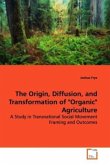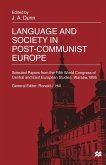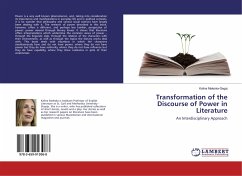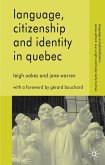Despite the memorable nature of his characters, Victor Hugo's approach to characterization has long been criticized for its divergence from realist norms. Miranda Kershaw's study builds upon recent Hugo scholarship on character by revealing the innovative effects produced by Hugo's refusal to privilege individual identity as a structuring principle of novelistic practice. An analysis of Hugo s five major novels reveals how Hugo employs character to stretch the boundaries of the novel in the directions of the theater and the prose poem while developing the genre s ideological potential as a tool for the promotion of social change. Hugo s novels expand the signifying functions of literary characters, allowing characters to signify collectively while anticipating the modernist tendency to reject the notion of a coherent individual subject. Kershaw's study repositions Hugo as a contributor to the history of the modern French novel. It will appeal to specialists and nonspecialists wishing to deepen their understanding of the range and scope of nineteenth-century novelistic practices.







